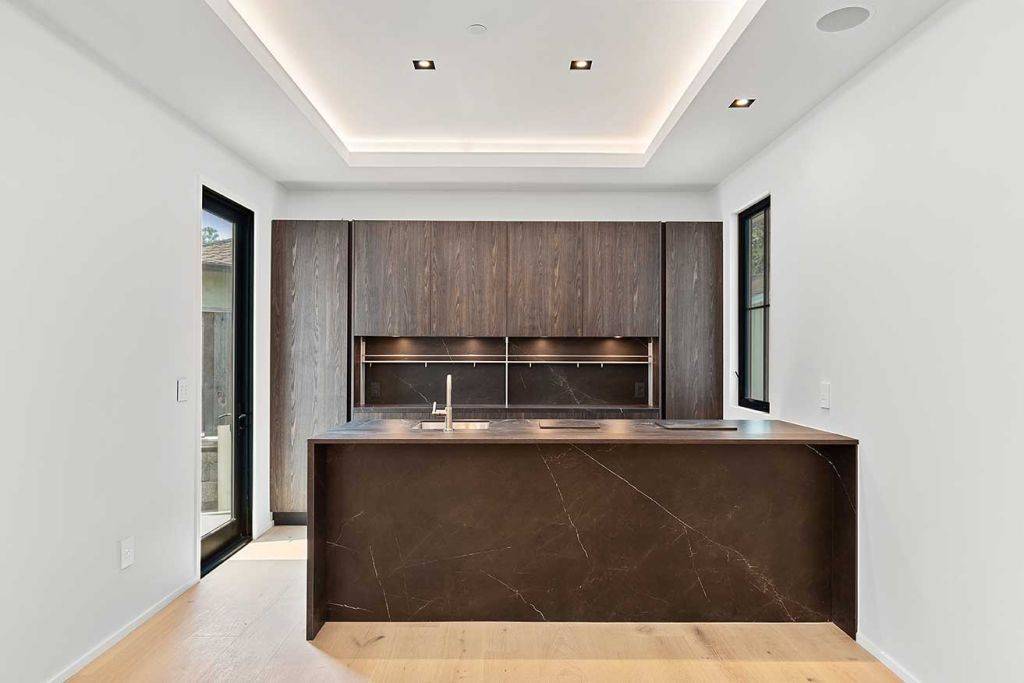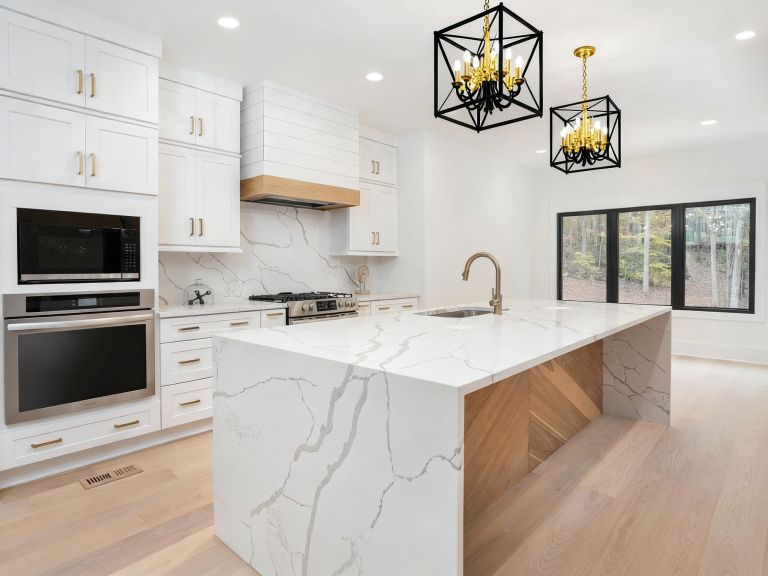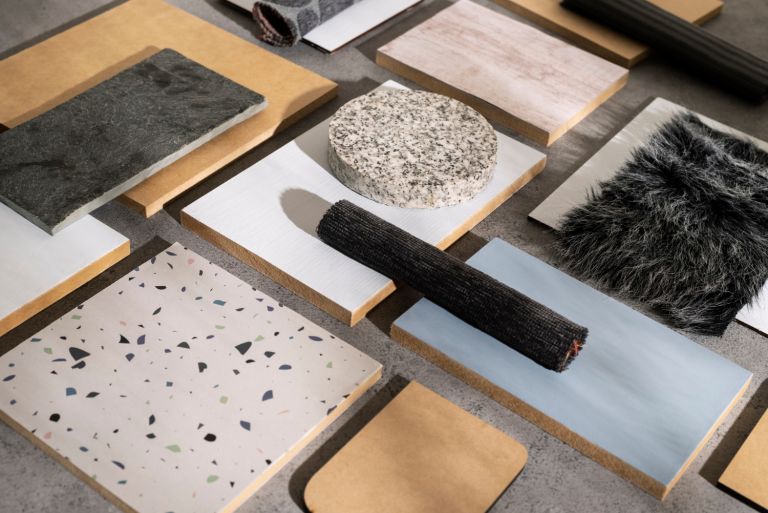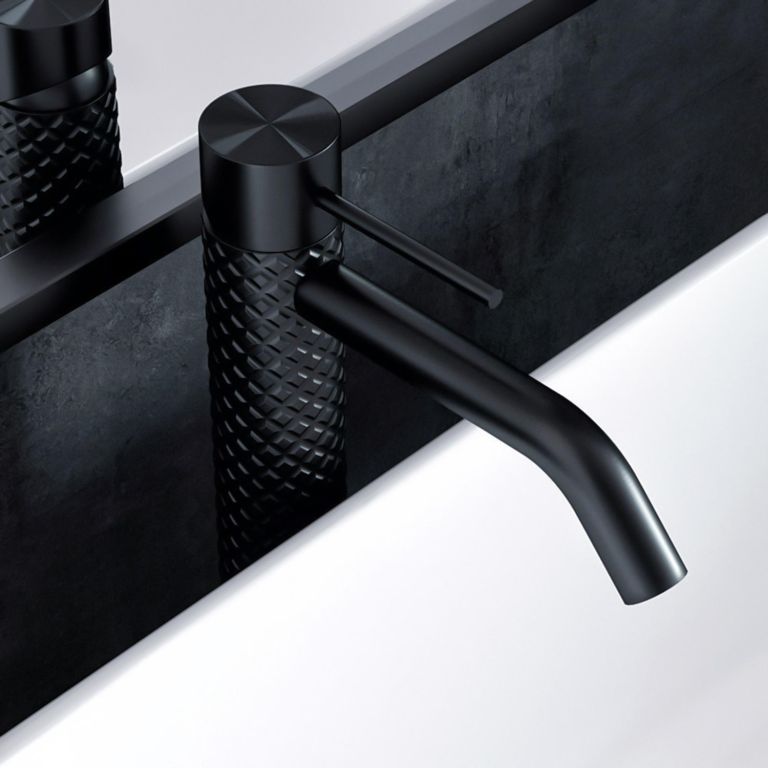Be it a modern setup or a traditional one, a good kitchen always maintains a perfect balance between functionality and aesthetics. And having a good cabinetry setup helps in achieving so. Cabinets play one of the most integral roles in every kitchen. Thus, having a good material chosen for the cabinets not only adds to the appearance of kitchens but also improves the functionality as well.
And while talking about kitchen cabinet materials, the three most common options that clash with each other are Solid Wood, Laminate, and Veneers. While solid wood cabinets are known for their extremely durable yet so much expensive, less expensive alternatives like veneer and laminate are known for their elegant decorative finishes. However, this short portrayal leads to the toughest question — solid wood or veneer or laminate, which is better?
Let’s Have A Quick Analysis On All Three Materials & Find Out The Aspects That Make Them Different From Each Other.
Solid Wood
The most classic and timeless, solid wood is the most hard-wearing and long-lasting material for kitchen cabinets. They are eco-friendly, renewable, and are the ultimate choice for luxury kitchens. Available in a variety of options including oak, alder, cherry, maple, hickory, rustic cherry, rustic alder, rustic maple, quarter-sawn oak, rustic hickory, rustic oak bamboo, walnut, red birch, and rustic walnut; wooden cabinets can add a sense of sophistication, attractiveness, uniqueness, and elegance to your cook space. Also, solid wood cabinets, if properly maintained, give great value retention over time.
Pros
- Durable & long-lasting
- Versatile & easy to customize
- Luxurious & unique
- High-value retention
- Sustainable & eco-friendly
Cons
- Highly expensive
- Prone to humidity & moisture
- Needs high maintenance
- Susceptible to warping & cracking
- Can attract insects & bugs
Laminate
The best alternative to solid wood and stone, laminate is equally durable and resilient. Available in a myriad of shades, finishes, textures, laminate can be seamlessly classified into different finishes like high gloss, textured, soft, and matte. With a glossy and seamless shine, laminate cabinets add a perfect sense of modernity and elegance to any kitchen. Also, it is easy to maintain and clean, scratch-resistant, and completely waterproof. However, due to mass production, laminate lacks uniqueness. The patterns are being repeated and thus, they never look completely natural.
Pros
- Heat resistance & waterproof
- Needs no maintenance
- Smooth & even appearance
- High scratch resistance
- Affordable than veneer
Cons
- Contains plastic & non-eco-friendly
- Lacks uniqueness
- Artificial appearance
- Prone to water damage
- Pricier in some cases
Veneer
Veneer or also known as engineer wood is a more economical alternative for kitchen cabinets. Made from finely sliced real wood pieces and robustly pressed on a plywood base with the help of adhesive; veneer is known for its warm, rich, and natural appearance. They are also unique and add a special warmth and a touch of elegance and class to your kitchen décor. Though not as expensive as the solid wood cabinets do, seamless veneer finishes create a luxurious and expensive look while being used.
Pros
- Naturally durable & hard-wearing
- High-end appearance
- Timeless look
- Eco-friendly & sustainable
- Flexibility in design customization
Cons
- Needs regular repolishing
- Prone to stains & scratches
- Susceptible to moisture & water damage
- Difficult to install
- Requires more maintenance






